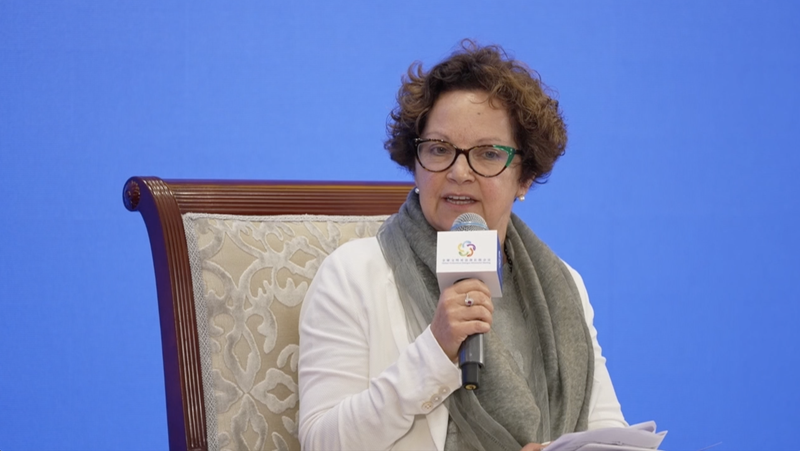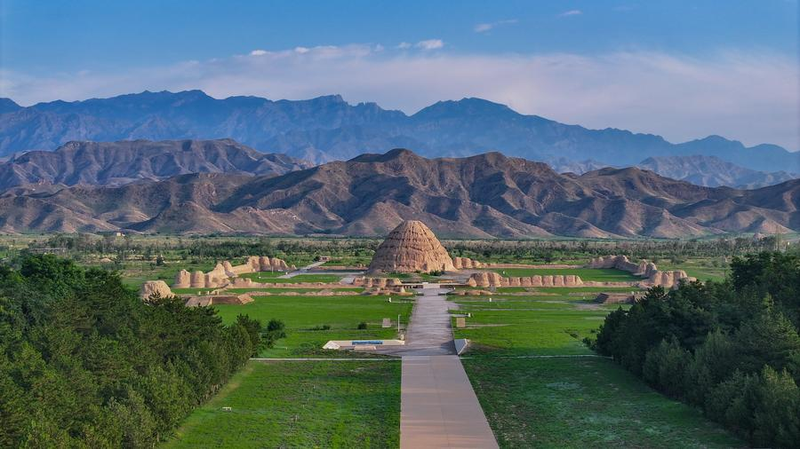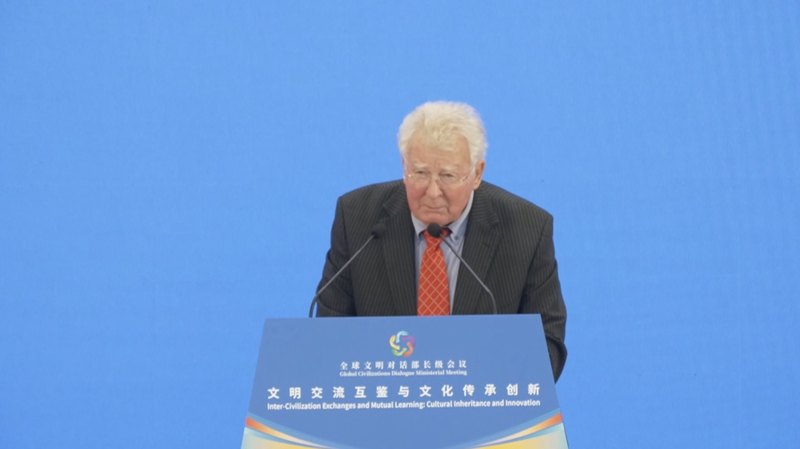The third European Political Community Summit has kicked off in Granada, Spain, marking a pivotal moment for European unity and collaboration.
Leaders from 27 EU member states and 20 neighboring countries, including the United Kingdom, Ukraine, Moldova, and Türkiye, have gathered just four months after the previous summit in June. This marks a significant step in reinforcing the pan-European consultation and cooperation mechanism proposed by French President Emmanuel Macron in May 2022.
The European Political Community aims to create a unified political and security landscape across Europe by linking all countries in the region. This initiative seeks to promote European unity and guide the continent's destiny through continuous dialogue and cooperation.
Since its inception, the European Political Community has seen growing participation, with the number of member countries increasing from 44 at the Prague Summit in October 2022 to 47 attendees this year. With two summits scheduled annually and rotating leadership for hosting, the community is steadily moving from concept to practice.
At the heart of the summit is the issue of \"identity.\" Non-EU countries represented by Ukraine, Moldova, and Western Balkan nations view participation in the European Political Community as a pathway toward closer integration with the EU. For the EU and its member states, the community serves as a platform to extend political vision and foster mutual trust, reinforcing the EU's soft power through shared systems, values, and concepts.
As the European Political Community continues to evolve, it holds the potential to inject new impetus into Europe by deepening cooperation and unity among its diverse member states and neighboring nations.
Reference(s):
Can the European Political Community inject new impetus into Europe?
cgtn.com




